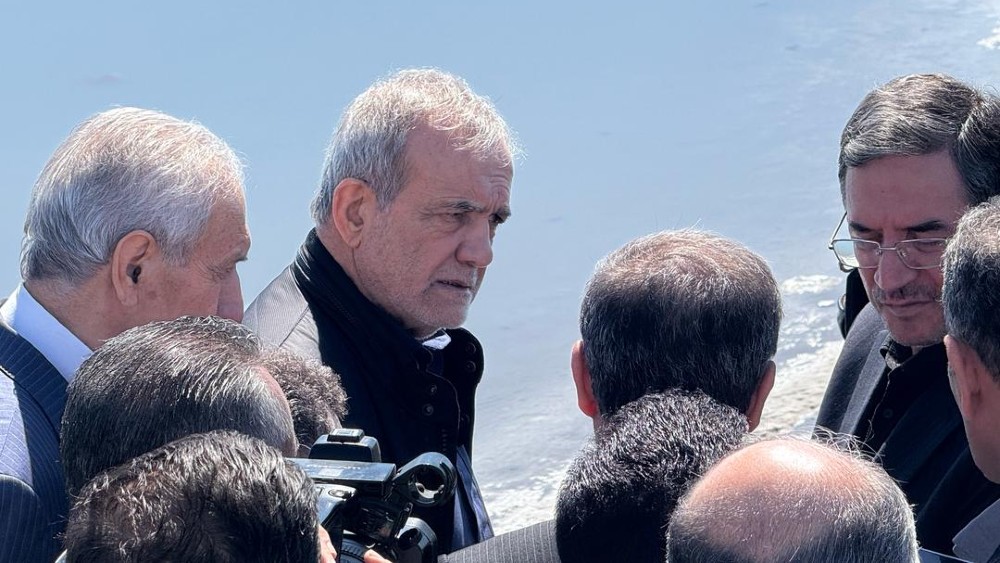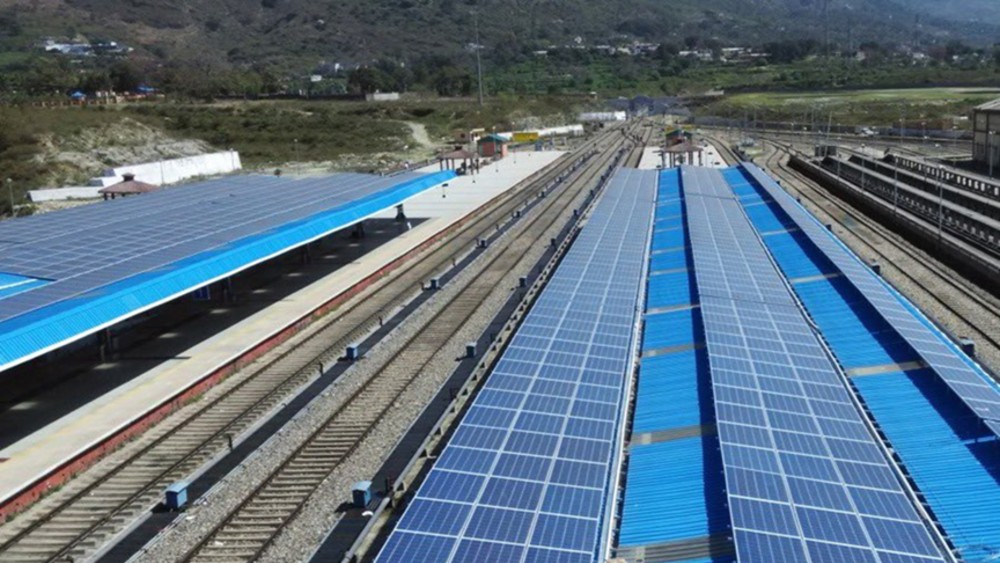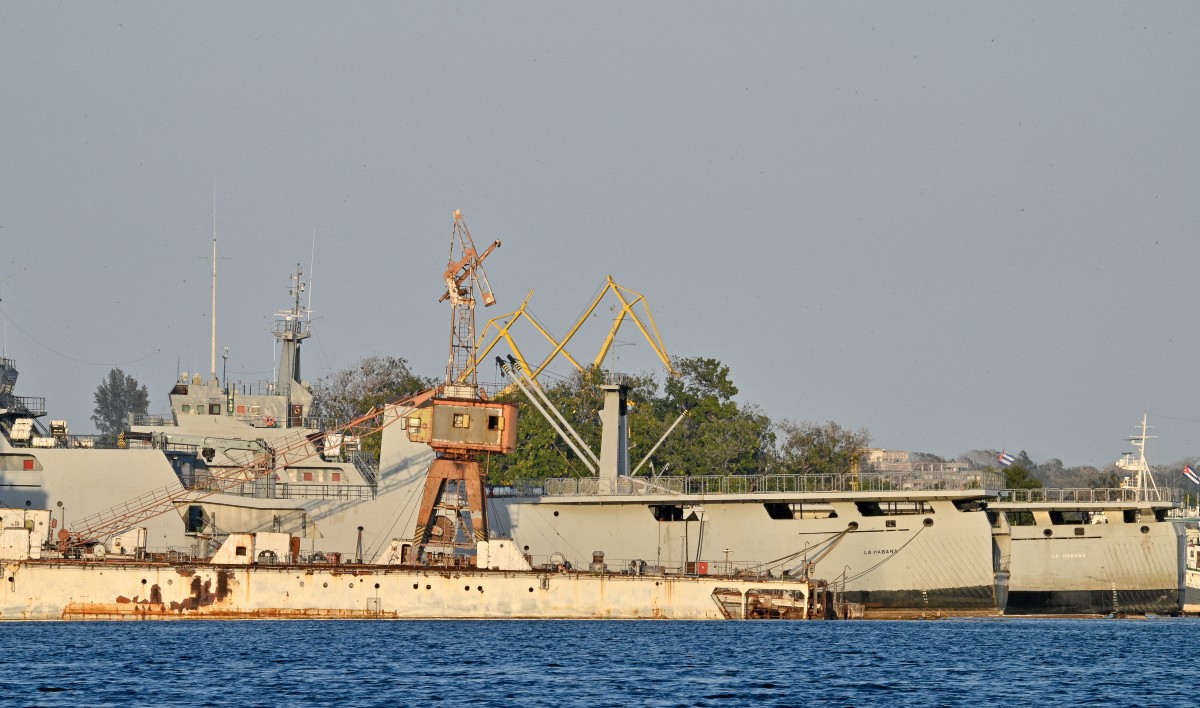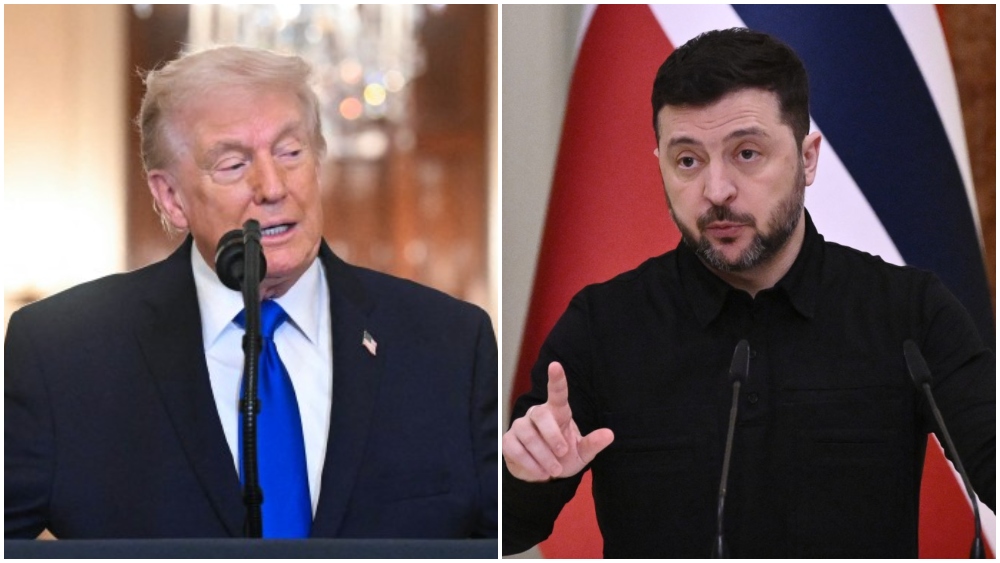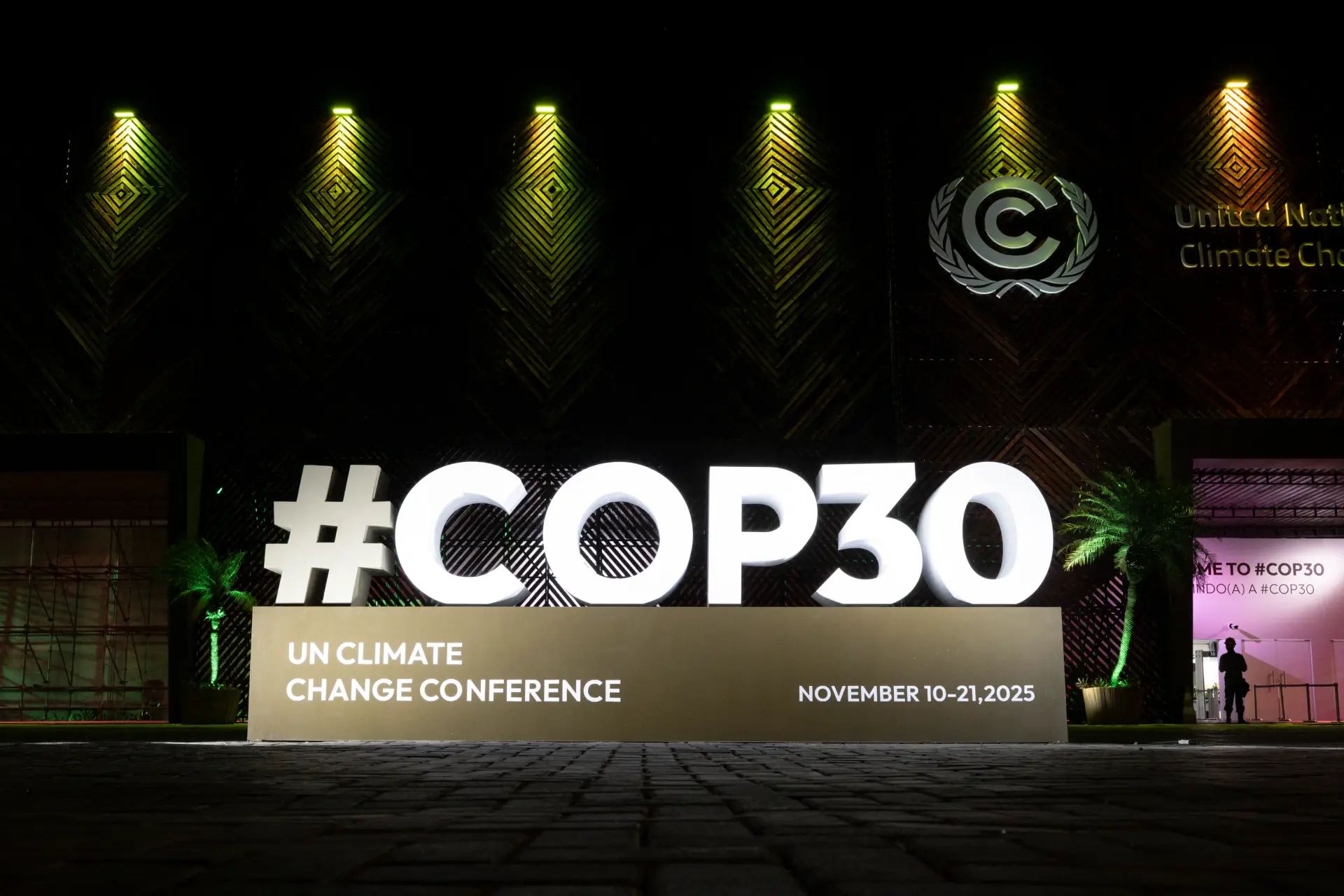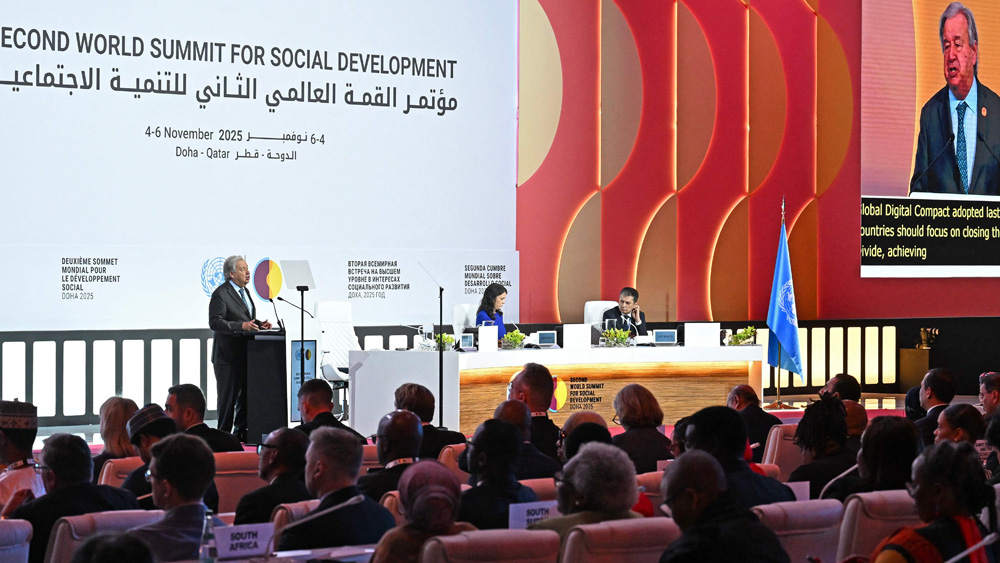BRUSSELS: The European Union's 27-member states struck a deal Wednesday on the bloc's next big emissions-cutting targets, after making overnight concessions to win over reluctant capitals in time for the UN's COP30 summit.
EU countries have been haggling for months over two separate targets for slashing greenhouse-gas emissions: a 2040 goal intended as a milestone towards carbon-neutrality, and a related target that they must bring to the climate talks next week in Brazil.
In marathon negotiations that ran most of the night, the bloc finally agreed to target a 90% cut in greenhouse-gas emissions by 2040, compared to 1990 levels, but countries will be allowed to count international carbon credits towards up to 10% of that goal.
Major polluter
Behind only China, the United States, and India in terms of emissions, the EU has been the most committed of the major polluters to climate action and has already cut emissions by 37% compared to 1990 levels.
But after blazing a trail, the EU's political landscape has shifted right, and climate concerns have taken a backseat to defense and competitiveness -- with concerns in some capitals that greening Europe's economy is harming growth.
Denmark, which holds the bloc's rotating presidency, worked through the night to win over the countries most skeptical of the proposed targets -- notably Italy.
Unanimous deal
The EU needed to win the support of a weighted majority of capitals for the 2040 climate target set out by the European Commission -- which implies sweeping changes to industry and daily life at a time of growing concern over adverse impacts on Europe's economy.
Ministers also needed a unanimous deal on the EU emissions target for 2035, known as a Nationally Determined Contribution (NDC), which Paris Agreement signatories are supposed to bring to the COP30.
That objective, set at between 66.25% and 72.5%, was also agreed overnight.
‘Not pretty’
To win over the staunchest skeptics, Tuesday's talks covered a range of "flexibilities" for member states, including letting countries count carbon credits purchased to finance projects outside Europe.
A commission offer for credits to account for up to three percent of a nation's 2040 emission cuts failed to win over hardliners, with countries eventually securing a higher threshold of 10%.
Countries including Poland and Hungary also secured backing for a one-year delay, from 2027 to 2028, to the launch of a new EU carbon market for the road transport and industrial heating sectors -- which critics fear will drive up fuel prices.
And in a further big concession, EU countries agreed for the overall 2040 objective to be reassessed every two years.
‘Muddy, messy, nasty real world’
Environmental groups have accused countries of undermining the bloc's climate ambitions by pushing for a series of loopholes.
But an EU diplomat, granted anonymity to discuss the sensitive deliberations, had defended the compromise taking form in Brussels, although it was "not necessarily pretty".
"In the muddy, messy, nasty real world out there, we are trying to achieve something good," said the diplomat.
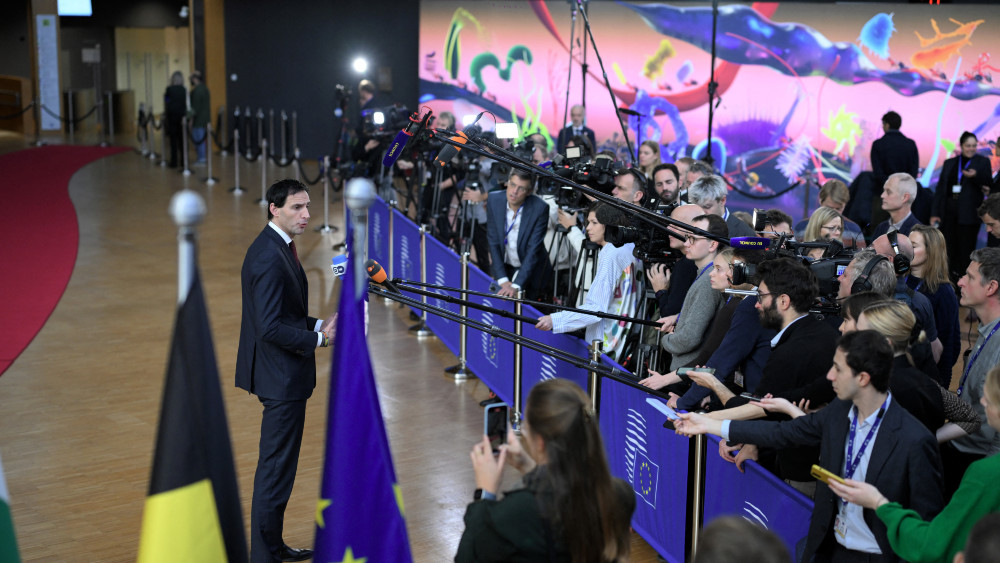
.jpg)
